The Blues Originated after Slavery
After the Emancipation Proclamation of 1865 in which emancipated all black slaves from slavery, the blues genres found its roots from secular folk music. In the 1900s, Blues was born. It created a new language for African Americans, as they were 1st person narratives about moving on from slavery and leaving troubles behind. It showcased what black people encountered as they traveled across the states. Therefore, the railroad was the birthplace of the blues.
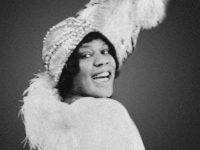
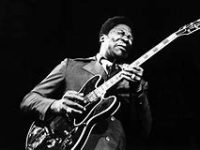
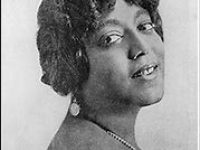
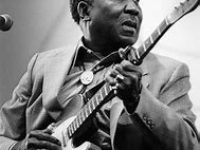

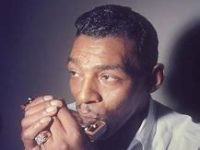
Important Black Artists
W. C. Handy – After hearing it on the streets, he created a publishing empire. “Memphis Blues”. He called himself the Father of Blues.
Mamie Smith- Initially the white recording stores ignored black musicians. In 1920,”Crazy Blues” sung by Mamie Smith launched blues as a pop music.
Bessie Smith- In 1923, the 1st superstar of Blues was Bessie Smith. Her music explored the hardships of life, including domestic violence. One of her most famous songs was “Sugar In My Bowl”.
Charley Patton- He was a black Indian who was considered to be the father of Delta Blues. This happened when the young sharecroppers in the Mississippi Delta, after the flooding, grew appreciation for the Blues genre.
Muddy Waters- In the 1940s, he was the first artist who cultivated Chicago Blues. One of his famous songs was “Couldn’t be Satisfied” released in 1948. He had a band that used electrified music. This changed the game for Blues.
Little Walter- He was a Harmonica player apart of Muddy Water’s band. His famous song was “Boom Boom/Out Goes the Lights”.
John Lee Hooker- Created a different musical vibe in Detroit with his ” Boogie Chillen” song. It included a unique rhythm and was a narrative as it talked about his life in his city.
B.B. King- One of the most famous names in Blues. He specialized in Uptown Blues which raised the level pride in the nation for the genre.

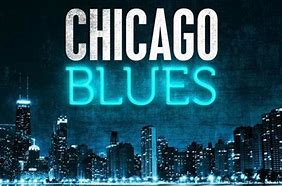
Black Migration
By the 1940s, after the Great Depression, black southerners were not prospering with the rest of the whites in the segregated nation. So Blacks, were starting to move North, where they found better job opportunities in cities like Chicago. Here the genre of blues was cultivated into what can be called Chicago Blues. Chicago Blues was a mixture of country and urban life. The topics of the music no longer expressed messages about the “good ole days” but were instead focused on the present. And at that time, life in Chicago was brutal as black people tried to survive the non-excepting white culture. So the music reflected that.
How Blacks Inspired the Whites
The music of sorthern Blues artist, Robert Johnson, who passed away in 1938, was resurrected in1961. This music raised the bar for blues and for the whites it sounded like the roots for all of blues including music by the likes of Muddy Waters. The resurrection of his music was a entryway for whites to understand about the black experience. His music inspired the whites. Blues started to pave the way for Rock. In the 1970’s Blues changed severely. The whites took Blues and made Blues Rock that turned to Hard Rock. Hard Rock turned into Heavy Medal. By the beginning of the 1980s, Blues was thought to be authentic music the expressed the voice of all people (and not just the oppressed people). This is why Blues was used in advertisement, since it was so raw and genuine.
Read More

Summary of the Author’s Thought:
I am so happy to learn the history of the Blues genres. I always wanted to explore an intensive study for this music genre. And through this research I have been afforded the opportunity.


